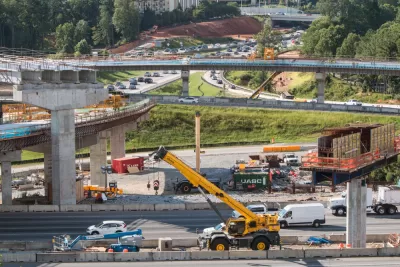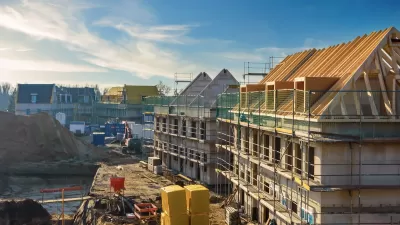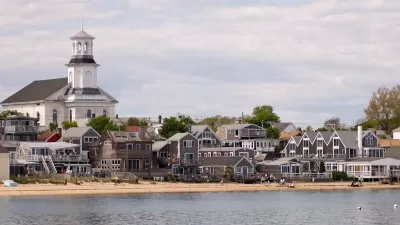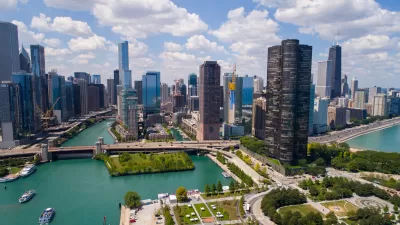How complicated zoning and permitting, slow construction, and a dearth of certain skills in the public sector cause delays and increase the cost of U.S. infrastructure projects.

"It is one thing to fill potholes; another to fundamentally change the way we do business," writes architect Moshe Safdie about the recently passed federal infrastructure bill. Will the $1.2-billion investment actually improve our obsolete and outdated infrastructure, or just fund studies that will leave implementation to the future?
According to Safdie, the U.S. faces three challenges to its capability to push forward major infrastructure projects. The first is our "convoluted" permitting, zoning, and community input process, which can cause major delays and cost increases. Safdie calls for a more centralized authority that would counterbalance local concerns with broader goals.
A second challenge facing U.S. infrastructure is the glacial speed of construction, which drains both funding and public support for seemingly endless projects. In other countries, writes Safdie, construction projects use multiple shifts to operate around the clock and pre-fabricated parts to speed up construction and reduce disruption to neighbors.
The third major obstacle, in Safdie's view, is a lack of "conceptual and engineering creativity" in the U.S. public sector. Safdie recommends boosting public-private partnerships like the 1990s-era Design Excellence Program or the COVID-19 vaccine development effort, which harnessed public resources and private skills to design and implement public projects quickly and effectively.
FULL STORY: Can the U.S. Build Big Again?

Maui's Vacation Rental Debate Turns Ugly
Verbal attacks, misinformation campaigns and fistfights plague a high-stakes debate to convert thousands of vacation rentals into long-term housing.

Planetizen Federal Action Tracker
A weekly monitor of how Trump’s orders and actions are impacting planners and planning in America.

Chicago’s Ghost Rails
Just beneath the surface of the modern city lie the remnants of its expansive early 20th-century streetcar system.

Bend, Oregon Zoning Reforms Prioritize Small-Scale Housing
The city altered its zoning code to allow multi-family housing and eliminated parking mandates citywide.

Amtrak Cutting Jobs, Funding to High-Speed Rail
The agency plans to cut 10 percent of its workforce and has confirmed it will not fund new high-speed rail projects.

LA Denies Basic Services to Unhoused Residents
The city has repeatedly failed to respond to requests for trash pickup at encampment sites, and eliminated a program that provided mobile showers and toilets.
Urban Design for Planners 1: Software Tools
This six-course series explores essential urban design concepts using open source software and equips planners with the tools they need to participate fully in the urban design process.
Planning for Universal Design
Learn the tools for implementing Universal Design in planning regulations.
planning NEXT
Appalachian Highlands Housing Partners
Mpact (founded as Rail~Volution)
City of Camden Redevelopment Agency
City of Astoria
City of Portland
City of Laramie





























